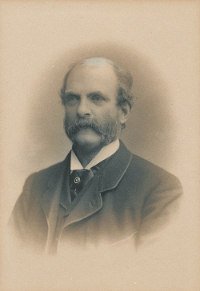The Medieval Reading Group will meet on Wednesday at 5.15 in the English Faculty, GR-05 to hear Professor Heide Estes from Monmouth University read a paper on “Anglo-Saxon Riddles, Talking Animals, and Ecocriticism”. Professor Estes has published on Old and Middle English languages, literature and culture, with interest in gender theory and ecocriticism. Please see below for abstract.
The session will be followed by wine and cheese straws. All are very welcome.
Abstract: The presence of animals in the Old English Riddles is complex and unstable. Numerous animals are described in some detail; many are narrated in the voice of the animal itself, occasionally in protest against the cruelty of the human “enemy.” This talk draws on the insights of “ecocriticism.” There are many ecocriticisms, focusing variously on animals, on rocks, on women, on trees, and on attempting to theorize why those should matter, but a provisional definition of what unifies these various enterprises is a conviction that things and beings other than the human matter. Several bird Riddles depict wild birds with distinctive detail, suggesting they mattered to the Anglo-Saxons even though they were not domesticated and provided no direct utility to them. The Bookworm Riddle (#47) suggests humans are different from animals because of the capacity for reason, but the Book Riddle (#26) complicates any easy acceptance of this dichotomy. While the Riddles enact the subjugation of animals through violence and through the claim of lack of reason, they also provide an alternative vision whereby animals protest the violence that is done to them, using human language to protest and to designate humans as “the enemy.” What lies behind this project is a commitment to advocacy, to changing our notions of what is “sustainable” and moving our focus from consumption of objects and petroleum-based fuels to human interactions.

 On Wednesday 4 Febuary,
On Wednesday 4 Febuary,  We’re very pleased to have appointed a new website coordinator, Shirley Zhang, who will be helping to improve the Research Group website and increase links between members by sharing research news.
We’re very pleased to have appointed a new website coordinator, Shirley Zhang, who will be helping to improve the Research Group website and increase links between members by sharing research news.